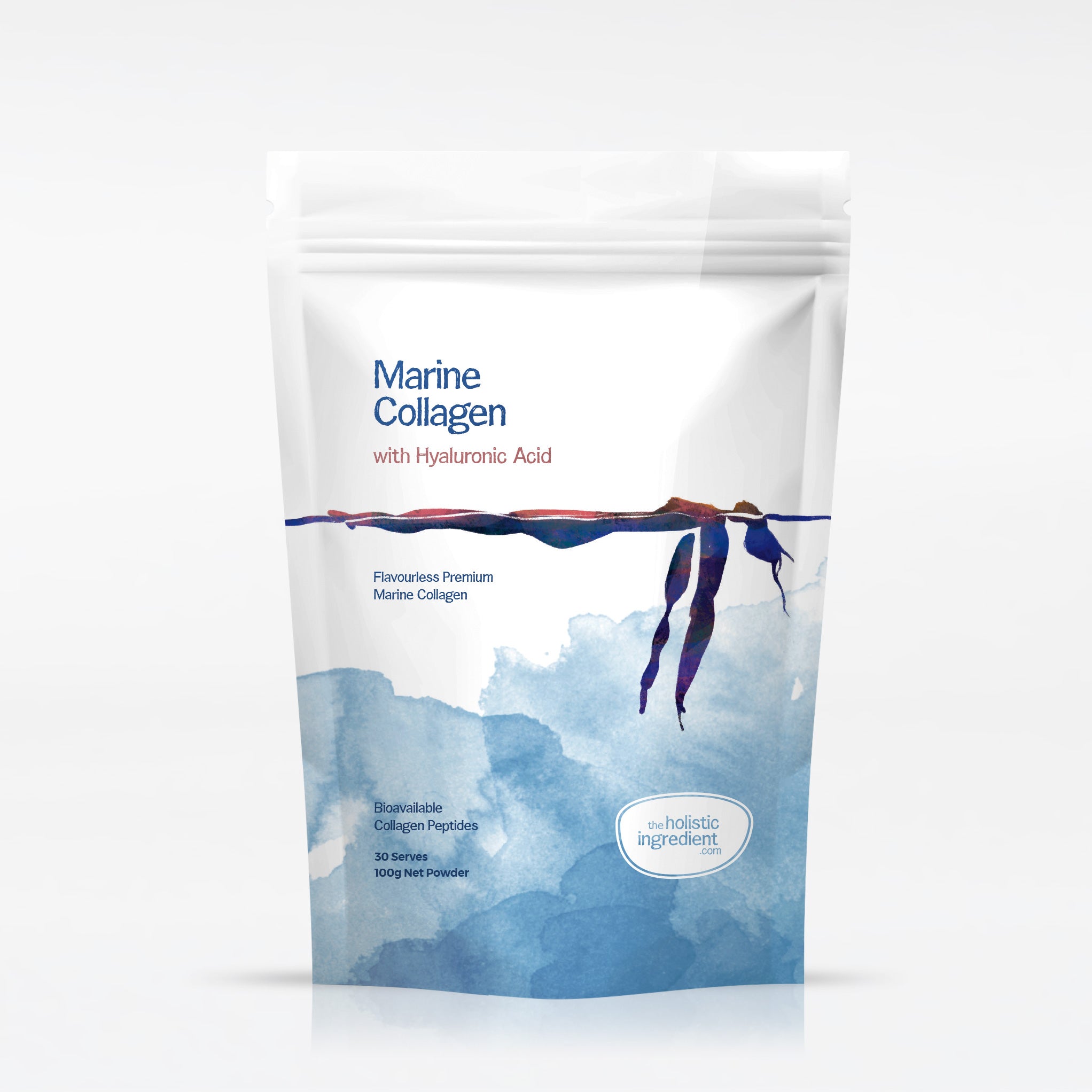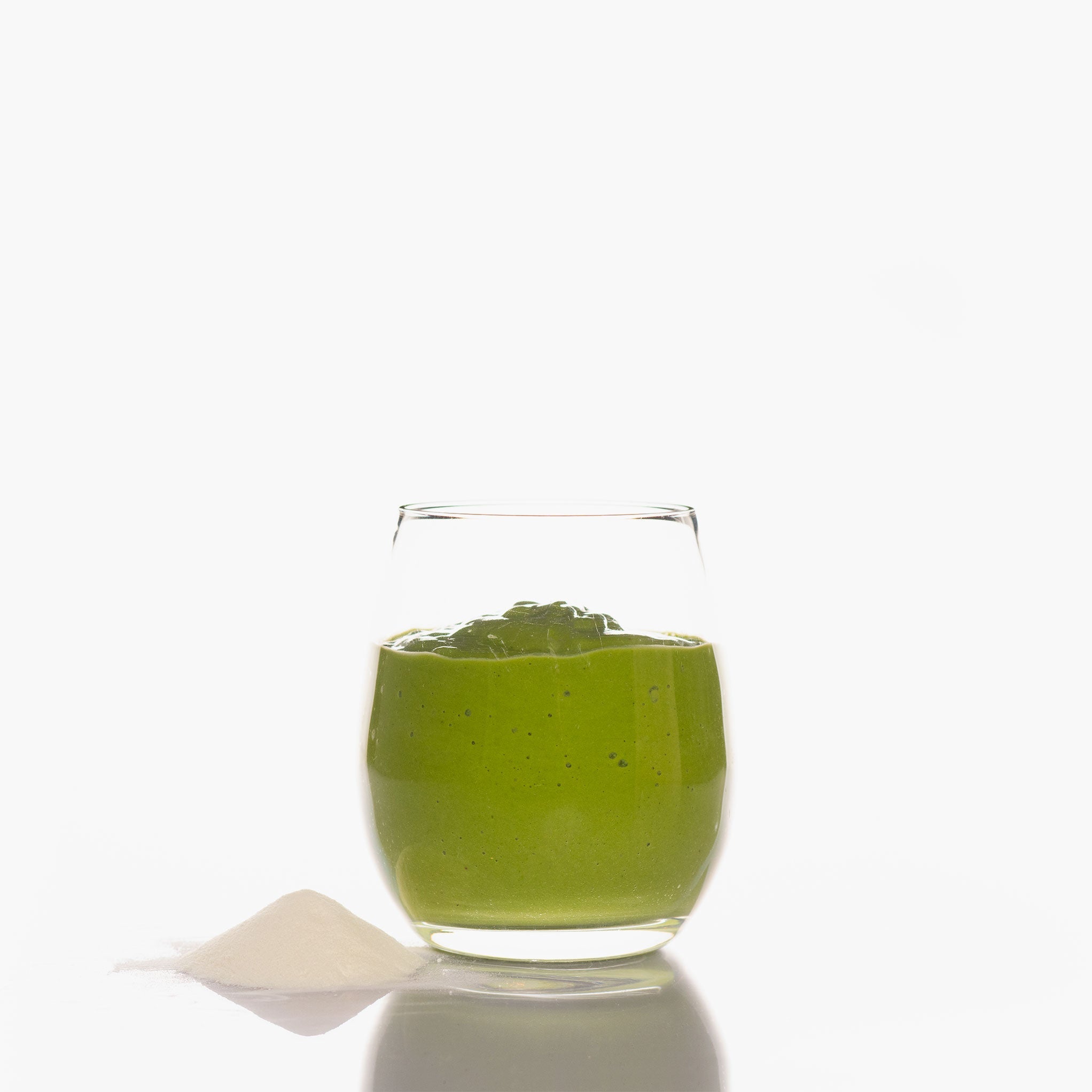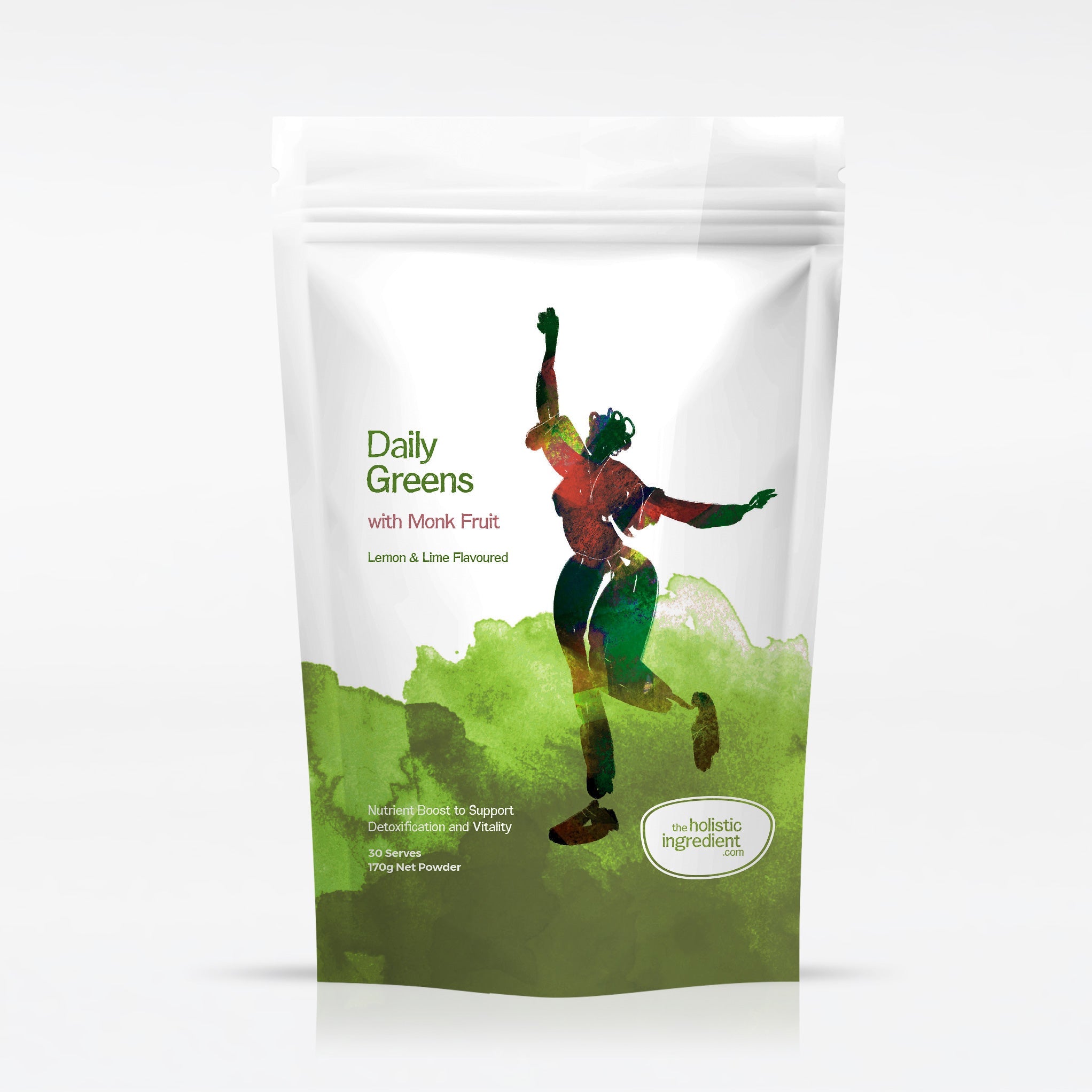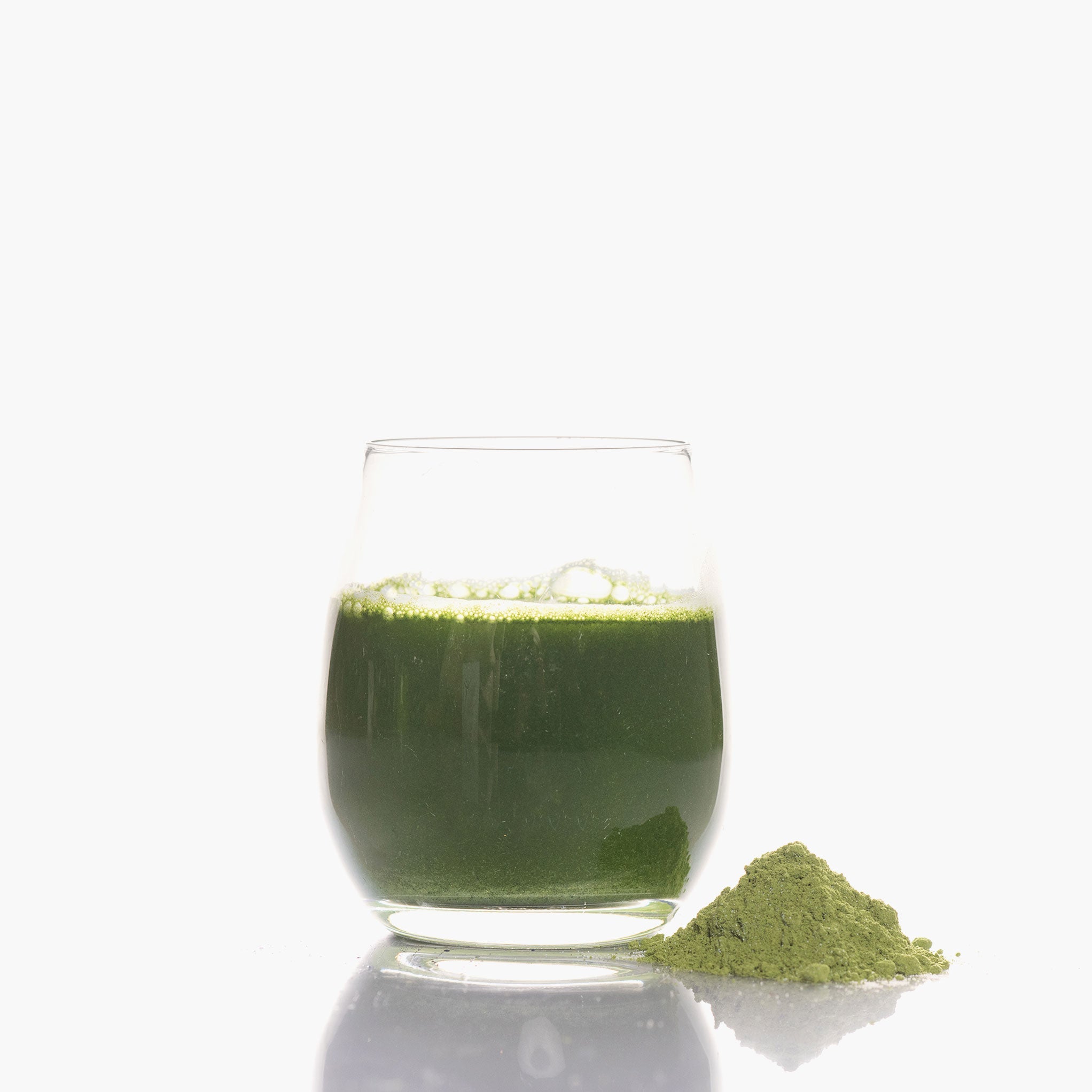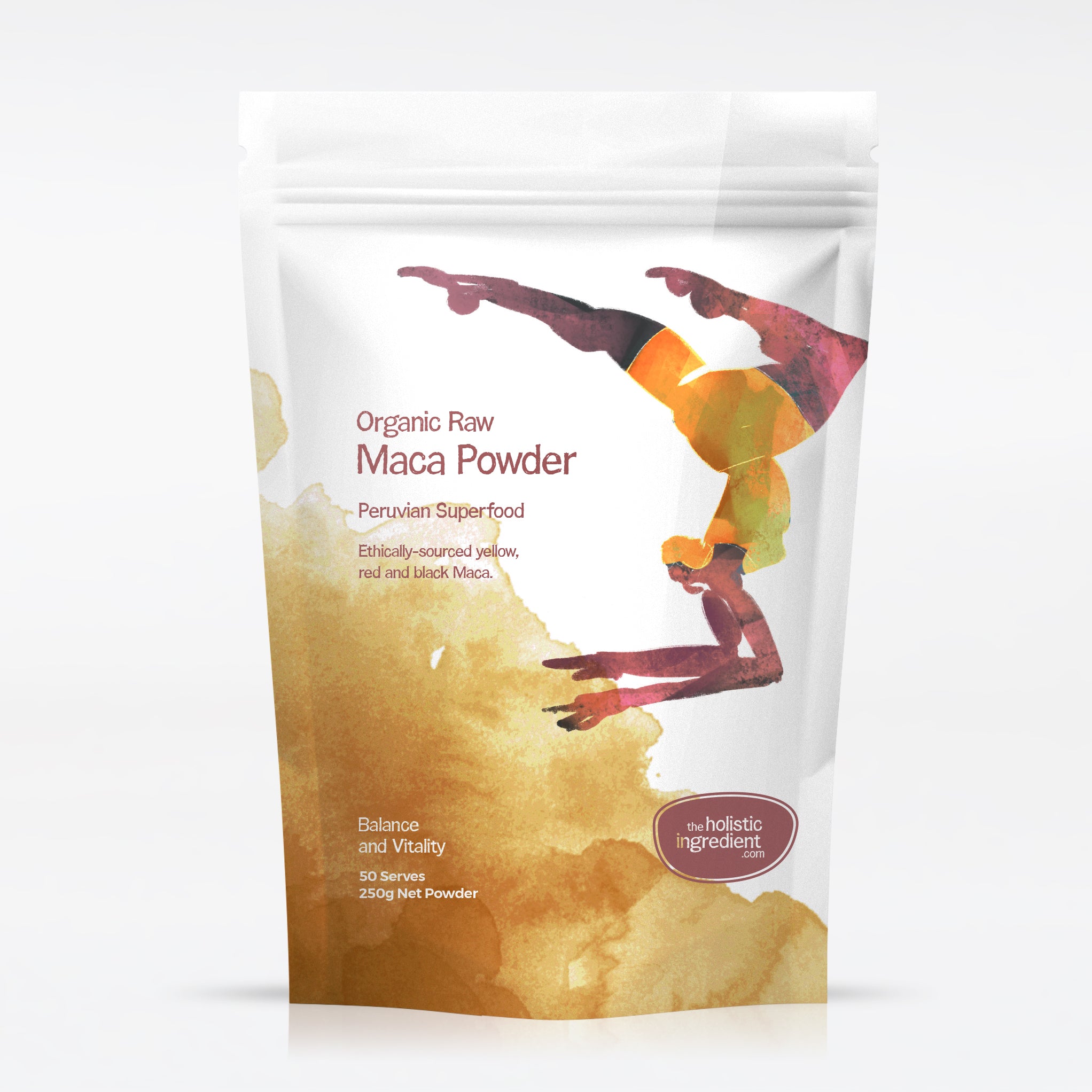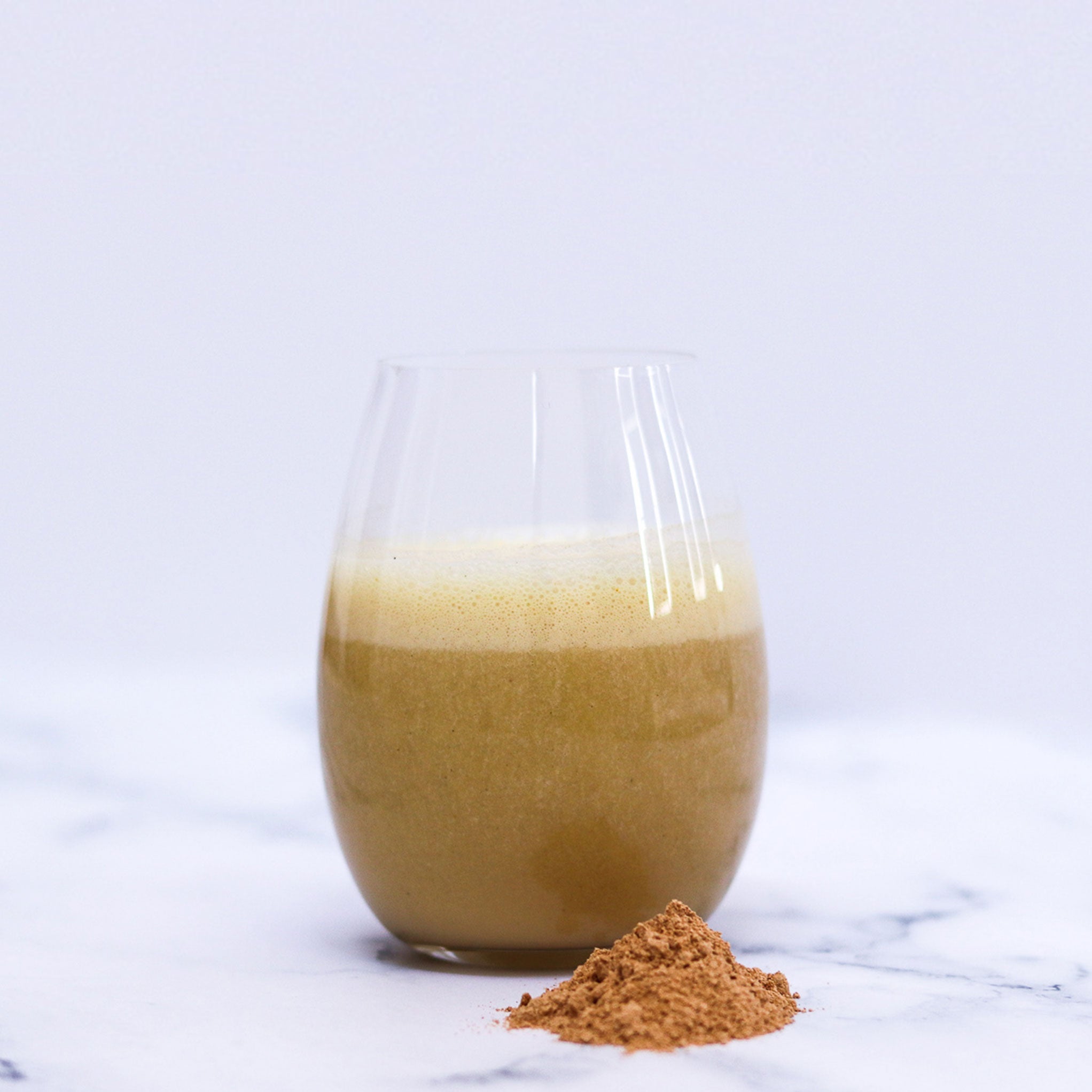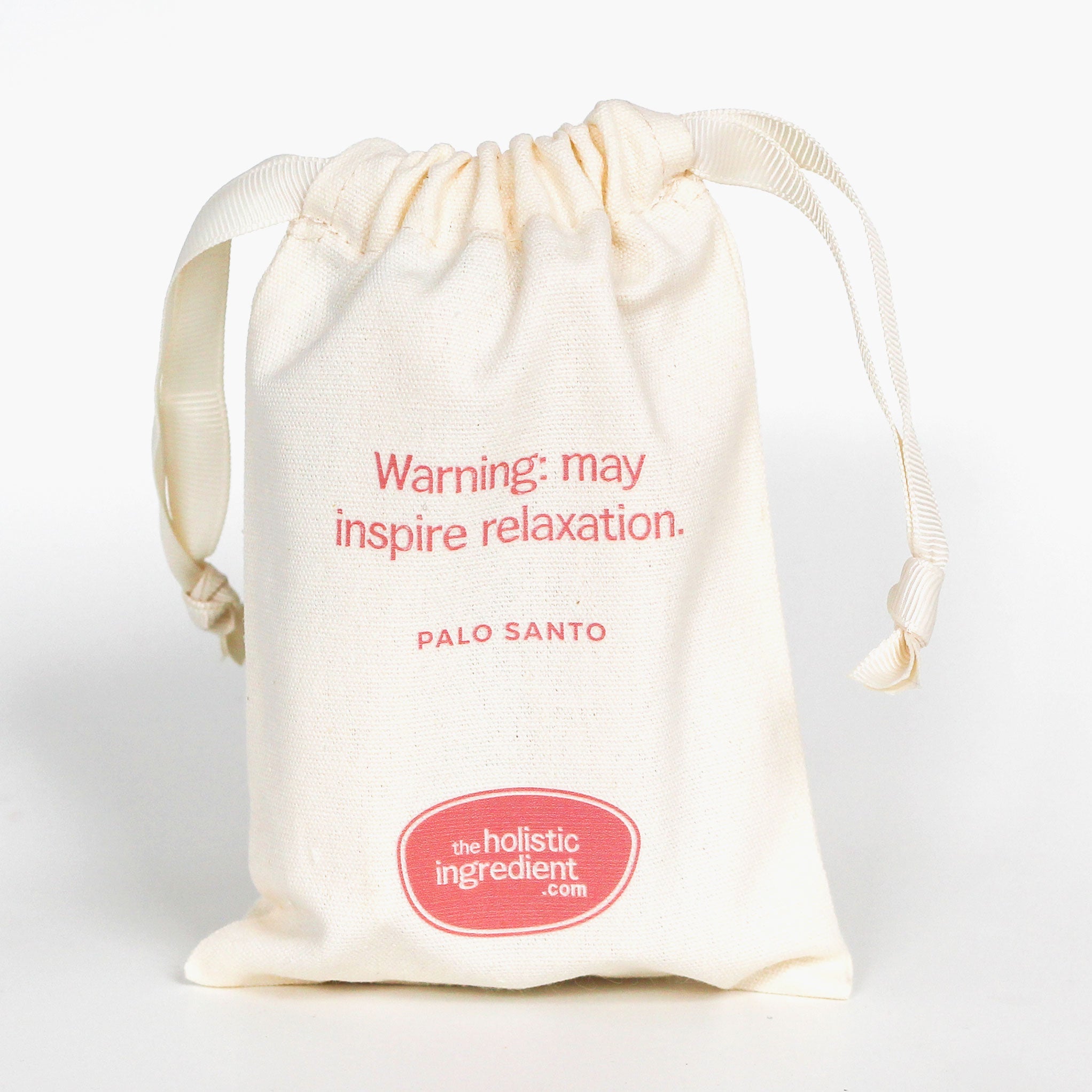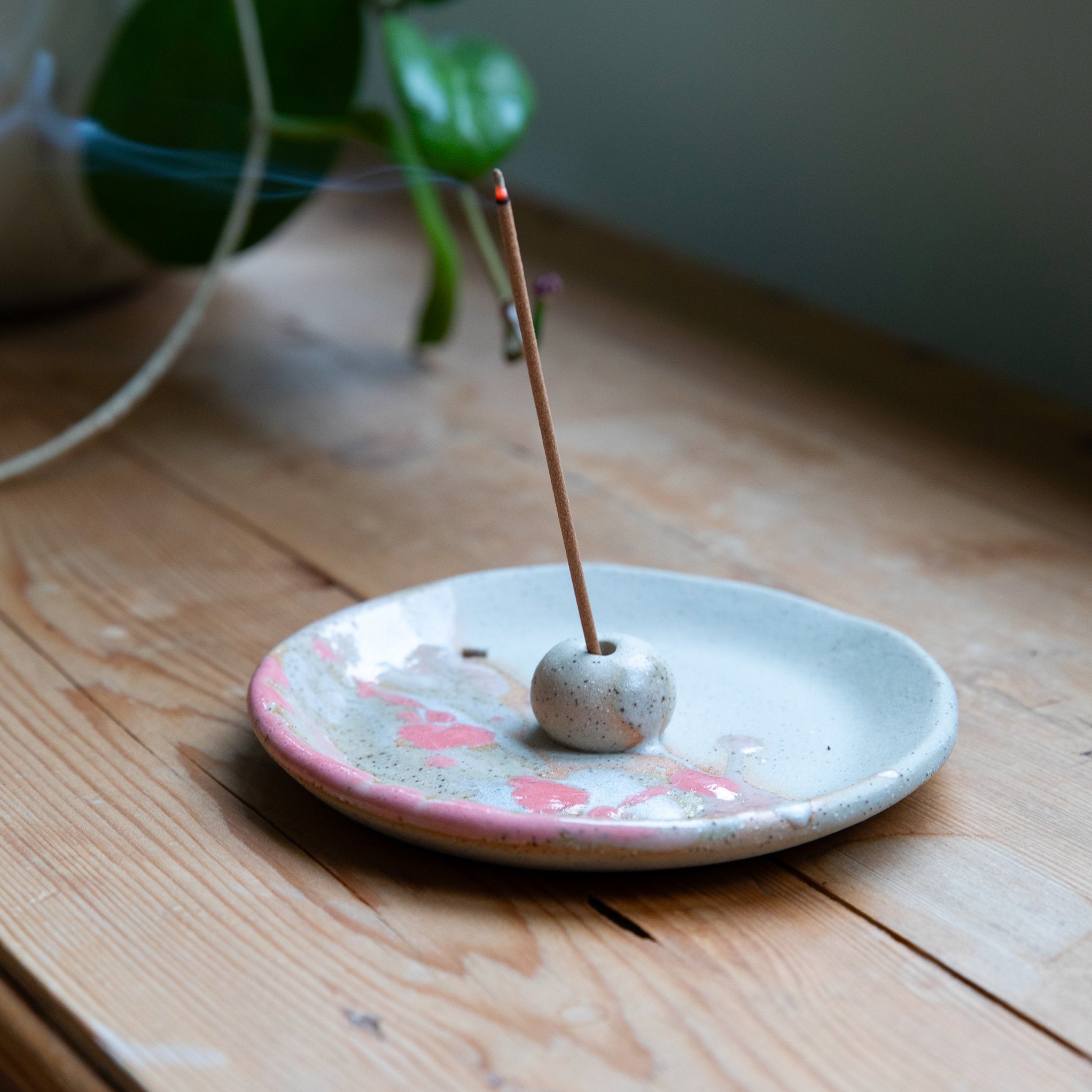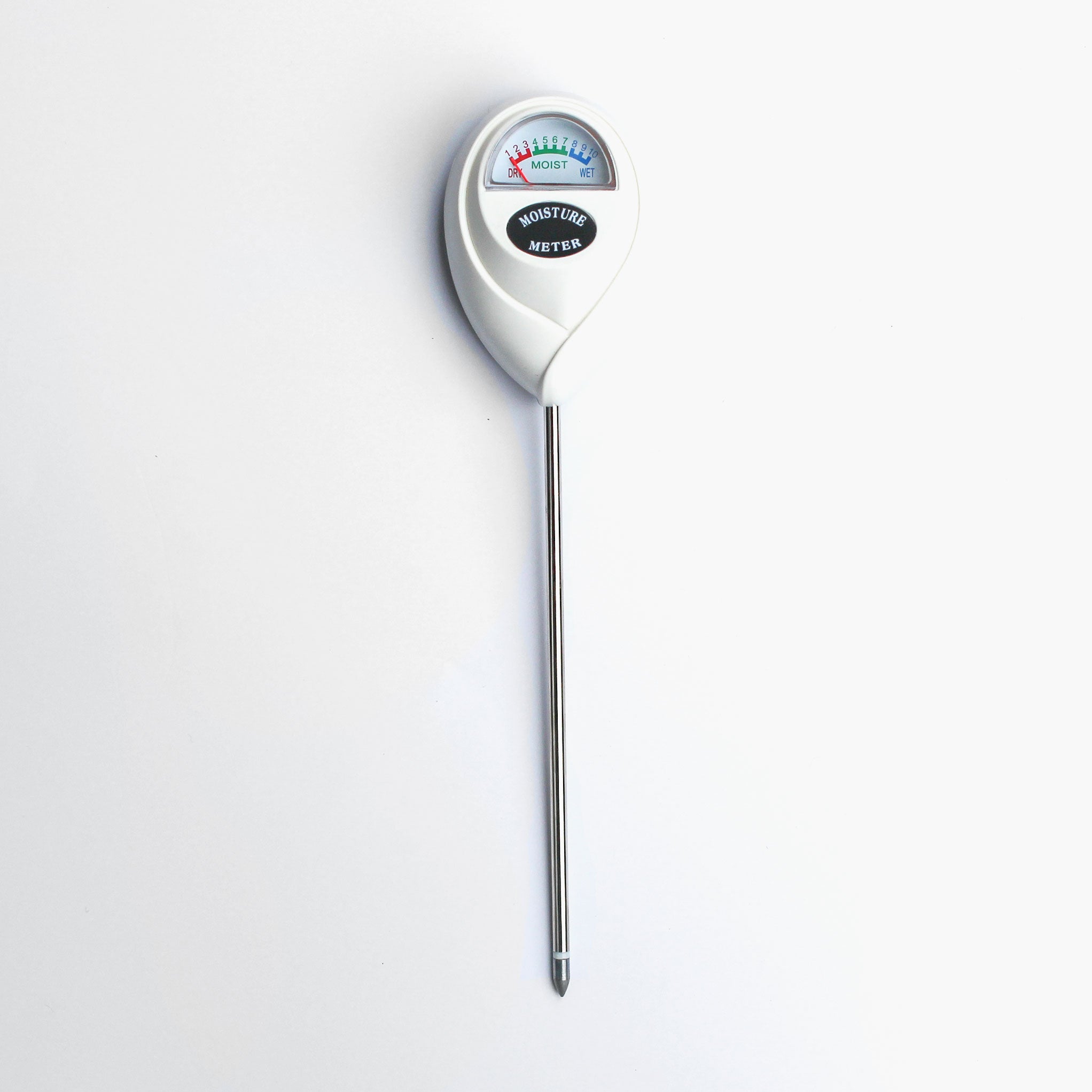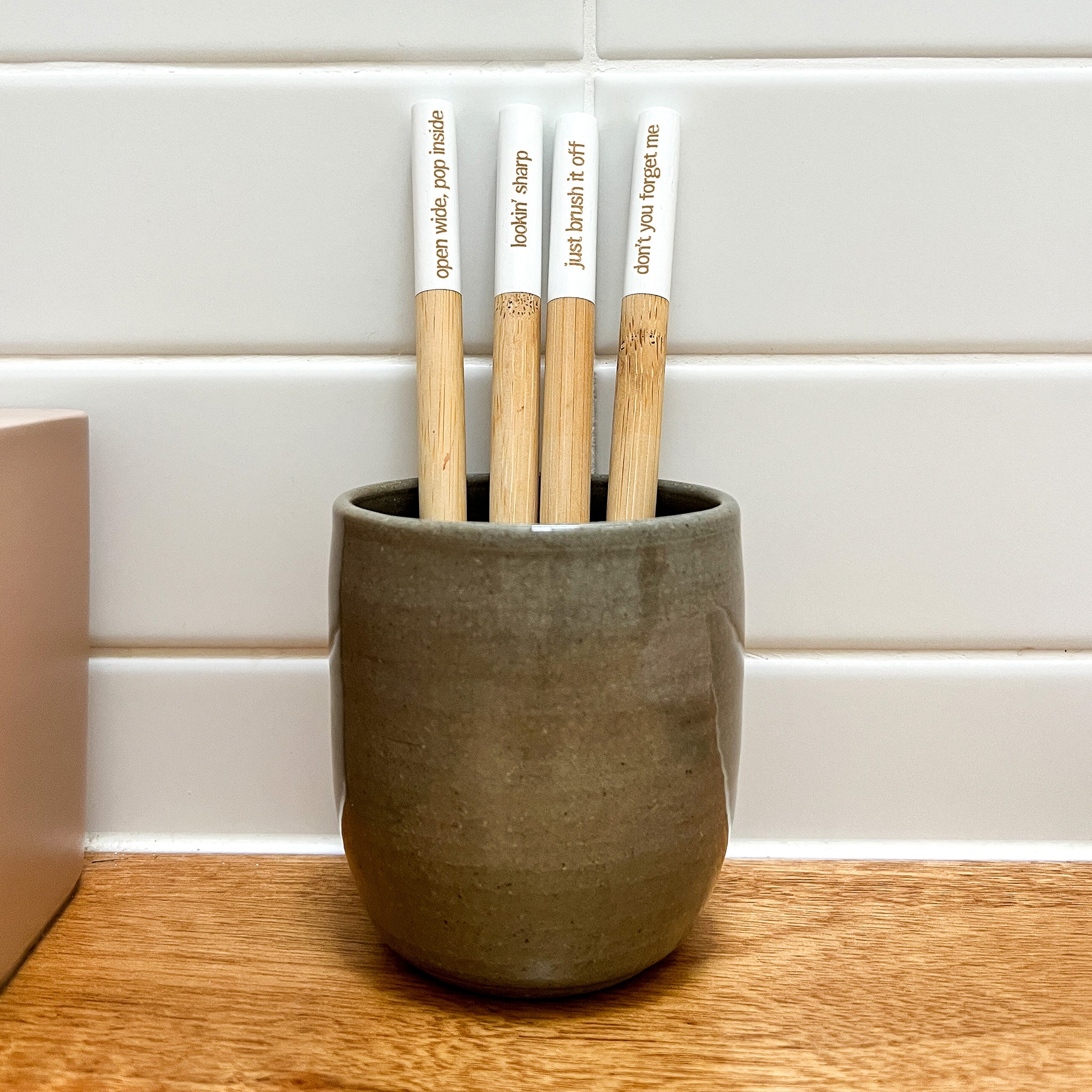
Magnesium is a bit of superhero when it comes to minerals in the body. We don't need a lot of it but it has a big job to do in supporting and protecting our bodies. It has been described as the relaxation mineral with the ability to create a cascade of reactions in the body to push back stress responses and create calm.
Today, I'll be taking you through the basics of this super-relaxer but, coming up next, I'll be sharing my 5 top tips for getting more of it in your life (here's a spoiler: make your own therapeutic bath salts to soak it in).
What is Magnesium?
Magnesium is a mineral, and it's kind of a big deal inside your body.
There’s a chunk of magnesium in every single one of your cells, and magnesium ions are a key ingredient in 354 different enzymes responsible for the chemical reactions that make your body do it’s thing every day.
These ions play an important role in keeping you feeling healthy and full of beans – they’re crucial for things like your body’s production of energy, the processing of foods you eat, the creation of new cells, the regulation of blood pressure, and many others.
Your kidneys are the line manager of your magnesium levels, and they do their best to keep them to about 0.05% of your full body weight (around 25mg). 60% of that is stored in your bones, and around 1% is in your blood. If you’ve ever sat on the toilet and wondered how much magnesium is leaving your body, the answer is 120mg each day (you’re welcome!).
Why are my magnesium levels important?
Magnesium is used to relax the body. When your body can’t biologically calm itself, the consequences can be broad and anywhere from subtle through to downright nasty.
Some common lower level symptoms include fatigue, bad sleep, muscle cramps, a loss of appetite and minor nausea.
On the upper level though, things get a bit more serious. Large deficiencies can cause or influence:
- High stress, anxiety and depression
- Migraines
- Attention Deficit disorders
- Muscle spasms and inflammation
- Prolonged irritability
- Mental confusion and short attention spans
Once upon a time our diets naturally contained enough magnesium to get us by but these days things are very different. Modern farms using pesticides and herbicides, modern food processing techniques, increased saturated fat in food and our rising consumption of junk food are some of the reasons we aren’t getting as much natural magnesium as we used to.
No wonder the rates of stress, anxiety and other mental illnesses are rising - how can we stay calm when our bodies don’t have the resources to do just that?
How can I get more magnesium?
How much you need is dependent on a lot of lifestyle factors (exercise, carb intake and sleep quality are some), but a good general guide is 400-420 mg per day for males and 310-320 for females.
You can get your magnesium naturally from food or in a supplement. A healthy diet rich in green vegetables, seeds and legumes will get the job done, particularly if they’re sourced organically. Notable foods high in magnesium include:
- Spinach (you just can’t lose with spinach, can you?)
- Soybeans
- Quinoa
- Cashew nuts
- Pumpkin and sunflower seeds
Supplements are also a great idea because they’re so easy to take and ensure your levels are always high. If you’re just starting out with supplements though, do seek advice from your health practitioner and monitor your digestion for the first week - they can cause some nasty bathroom stops in some people.
Oh and a (relaxing) reminder to get your bath salts on! Epsom salt baths are one of the most wonderful ways to up your magnesium. Make sure you check out my bath salts recipes - you'll be floating about in no time at all.
And for more inspo, I've created a list of five simple ways to boost your magnesium levels. Hint: try the magnesium oil spray for a little bit of magnesium magic!

So, I'm eager to hear from those of you who have become aware of magnesium deficiencies and have managed it in a way you've found effective. What's been the best solution for you?




























